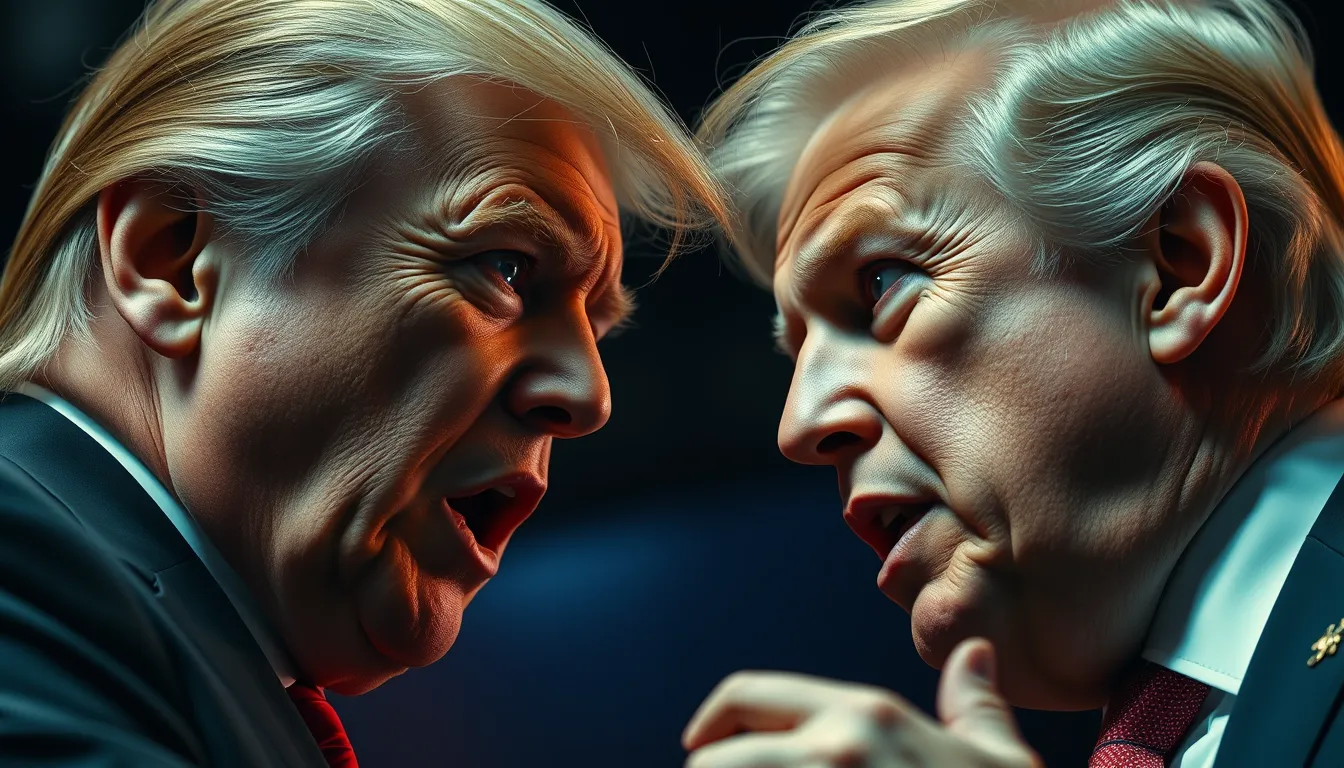Now Reading: Tucker Carlson Confronts OpenAI Controversy & Ethics
-
01
Tucker Carlson Confronts OpenAI Controversy & Ethics
Tucker Carlson Confronts OpenAI Controversy & Ethics

Tucker Carlson Confronts OpenAI Controversy & Ethics
In a world where media narratives and high-level tech accountability are constantly under the spotlight, few events have stirred public debate like the recent interview where Tucker Carlson confronted OpenAI CEO Sam Altman. This incident has not only brought the term “OpenAI controversy” into mainstream discussions but has also ignited conversations around tech accountability, corporate governance, and internal ethics in Silicon Valley.
The Interview Incident That Sparked Debate
During the interview, Tucker Carlson asked a provocative question about whether orders from OpenAI’s leadership could be connected to a tragic employee death. The question quickly became the focal point of discussion, with many wondering: did OpenAI leadership order employee death? This inquiry, delivered in Carlson’s trademark direct style, pushed the boundaries of typical media questions and highlighted the need for clear accountability in major tech firms.
Supporters of Carlson argue that his fearless media interview controversy is exactly what is needed to investigate accountability in tech companies. Critics, however, contend that such questions risk oversimplifying complex internal corporate dynamics and may skew public understanding without all the facts at hand. Regardless of one’s stance, the incident undeniably underscores the essential call for transparency in tech internal governance.
Criticisms and Praise: A Dual Narrative
The debate surrounding this incident splits public opinion into two primary camps:
- One camp believes that Carlson’s inquiry into the possibility of leadership involvement in an employee’s death is necessary. They support the need for “tech accountability” and point out that no major organization should be immune from rigorous scrutiny, especially when it pertains to human lives and workplace safety.
- The opposing view argues that lacking concrete evidence, such pointed questions risk harming reputations and oversimplifying broader issues of corporate governance and tech leadership ethics.
Regardless of these differing perspectives, the discussion has driven home the importance of reexamining how tech companies manage internal crises and communicate with their stakeholders.
The Long-Tail Question – Did OpenAI Leadership Order Employee Death?
One of the most grueling long-tail search queries arising from this discussion is: did OpenAI leadership order employee death? As disturbing as this question sounds, it reflects a growing desire among the public to demand accountability and transparency from leading tech companies. This inquiry has led to calls for clearer protocols within organizations such as OpenAI, whose official site can be visited at https://openai.com.
Understanding these allegations requires a deeper look at internal decision-making processes. With the complex nature of tech development and the speed of modern digital interactions, allegations and questions—whether completely unfounded or serious—highlight the need for stronger internal governance and a more transparent dialogue with the public.
Media Dynamics and the Role of Public Figures
The power of media figures in influencing public discourse cannot be understated. Tucker Carlson’s confrontation during the interview serves as a stark reminder that those in the media carry the responsibility of not only informing but also challenging the status quo. His direct questioning of Sam Altman positions Carlson as an advocate for accountability, prompting tech insiders and policy makers to reconsider what corporate responsibility should look like in today’s tech era.
Transparency in Tech Internal Governance
With tech companies playing an increasingly pivotal role in our society, the call for transparency in tech internal governance has grown louder. By integrating phrases like “transparency in tech internal governance” into both public debate and internal policy discussions, stakeholders can work toward a model where accountability is inherent in every leadership decision.
Navigating the Ethics of Tech Leadership
In addition to the pressing need for transparency, the emerging dialogue also focuses on tech leadership ethics. Investigating accountability in tech companies means that ethical considerations must be at the forefront of leadership practices. As this controversy unfolds, industry experts suggest that companies such as OpenAI are at a critical juncture where internal policies need strengthening to prevent future misinterpretations or miscommunications.
The Broader Impact on Corporate Governance
This controversy is more than just a media spectacle—it is a call-to-action for better corporate governance across the tech industry. As seen from the unfolding debates, companies are now under increased pressure to enhance their internal review processes and ensure that leadership decisions are both ethically sound and transparent. The discussion serves as a blueprint for how tech companies might safeguard against internal crises by adopting rigorous accountability measures.
Conclusion
The Tucker Carlson OpenAI controversy has set off a chain reaction that goes far beyond a single interview. It challenges established narratives about tech accountability and pushes for improved transparency within high-stakes corporate environments. While there remains no definitive evidence linking leadership to the tragic employee event questioned, the mere discussion of such possibilities underscores a significant public demand for ethical oversight and corporate responsibility.
In a rapidly evolving tech landscape, incidents like these create opportunities for introspection and reform. As the debate continues, one thing is clear: tech companies must be prepared to confront hard questions head-on, ensuring that leadership ethics and corporate governance are never compromised. Ultimately, this discussion is a stepping stone toward a more transparent, ethically driven tech industry. With continuing media scrutiny and industry follow-ups, the enduring impact on tech accountability will likely lead to meaningful changes in how internal crises are managed and communicated.
The conversation remains open and evolving, holding promise for a future where tech leadership is held to the highest standards of corporate governance and ethics.

























